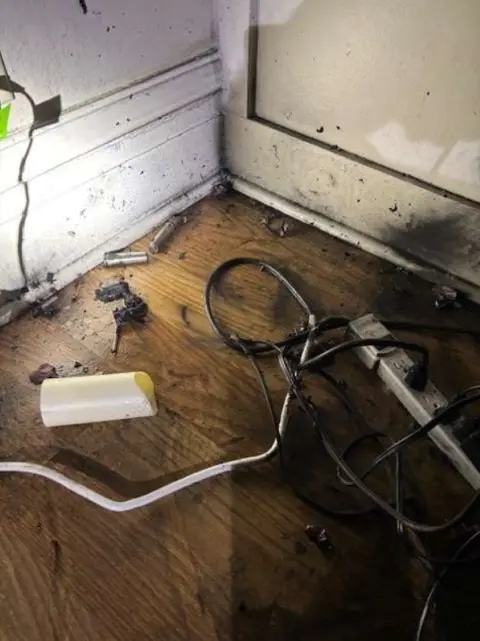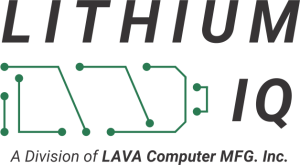
Fire Incident Sparks Reminder: Improper Charging of Lithium-Ion Batteries Is Dangerous
By: Leonid Shalashnyi
3 Min Read
July 10, 2025
Battery fire in Fond du Lac reignites concern about safe charging habits
A recent incident in Fond du Lac, Wisconsin, has drawn renewed attention to the risks associated with improper charging of lithium-ion batteries. Local fire officials are warning the public after a battery, left charging indoors, ignited and caused a residential fire. The warning serves as a stark reminder that improper battery use — especially overnight or unsupervised charging — can have devastating consequences.
Details of the Incident
On Sunday morning, firefighters responded to a house fire caused by a lithium-ion battery charging inside the home. The blaze was quickly brought under control, and no injuries were reported, but the damage reinforced a growing concern for first responders: many of today’s fires originate from everyday electronics. Fire officials in Fond du Lac emphasized that lithium-ion batteries, when overcharged or exposed to unstable power conditions, are prone to thermal runaway — a rapid, uncontrollable rise in temperature that may result in fire or explosion.
This is far from an isolated event. Across the United States and beyond, emergency crews are seeing a rising number of fires linked to battery-powered devices. Whether in e-scooters, laptops, or power banks, improper charging practices — like leaving devices plugged in too long or using incompatible chargers — continue to pose serious risks.

What Users Should Know
This case once again raises questions many users have, such as:
- Can you leave lithium batteries on the charger?
- Should I leave my laptop plugged in?
- What happens if you charge a computer to 100 percent?
The truth is: while modern devices have basic safety systems, they’re not foolproof. Constant exposure to full charge levels (100%) can accelerate battery degradation. If a charger or power source malfunctions — even briefly — it can lead to overcharging, swelling, or overheating. These risks are especially relevant for users who frequently leave devices charging unattended overnight.
How Lithium-IQ Casual Helps
Although Lithium-IQ Casual does not monitor battery temperature, it plays a critical role in preventing hazardous charging behaviors. It actively limits the state of charge — for instance, halting charging at 80% — and immediately stops charging if voltage irregularities are detected. This means fewer charging cycles reach high-stress levels, and fewer opportunities arise for heat buildup or overvoltage damage.By preventing full 100% charging and avoiding unsafe power fluctuations, Lithium-IQ Casual contributes to safer, more stable charging environments — especially for laptops, tablets, and smartphones. It’s an effective layer of protection that complements built-in battery management systems.
The Fond du Lac battery fire is a reminder that even common charging habits can carry real risks. If you’re wondering whether it is bad to leave a laptop plugged in or how to keep your battery safe, the answer lies in smarter charging, not just safer devices. Use verified chargers, avoid overcharging, and consider tools like Lithium-IQ Casual to reduce stress on your batteries and lower the risk of accidents.
